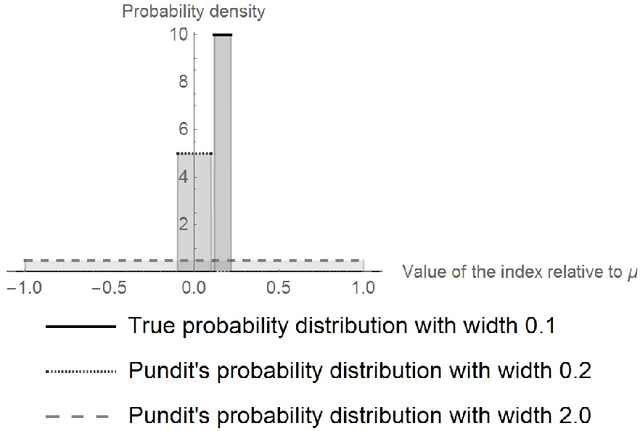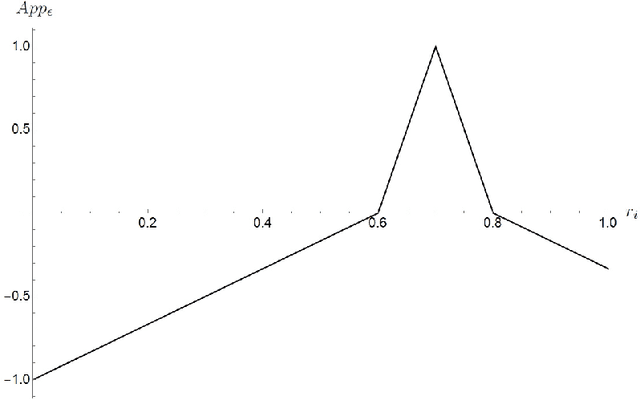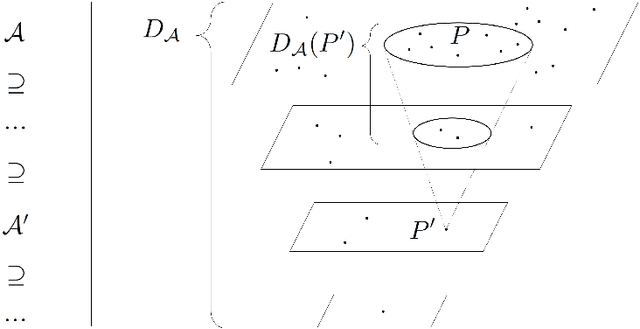Degrees of riskiness, falsifiability, and truthlikeness. A neo-Popperian account applicable to probabilistic theories
Paper and Code
Jul 08, 2021


In this paper, we take a fresh look at three Popperian concepts: riskiness, falsifiability, and truthlikeness (or verisimilitude) of scientific hypotheses or theories. First, we make explicit the dimensions that underlie the notion of riskiness. Secondly, we examine if and how degrees of falsifiability can be defined, and how they are related to various dimensions of the concept of riskiness as well as the experimental context. Thirdly, we consider the relation of riskiness to (expected degrees of) truthlikeness. Throughout, we pay special attention to probabilistic theories and we offer a tentative, quantitative account of verisimilitude for probabilistic theories.
* 41 pages; 3 figures; accepted for publication in Synthese
 Add to Chrome
Add to Chrome Add to Firefox
Add to Firefox Add to Edge
Add to Edge